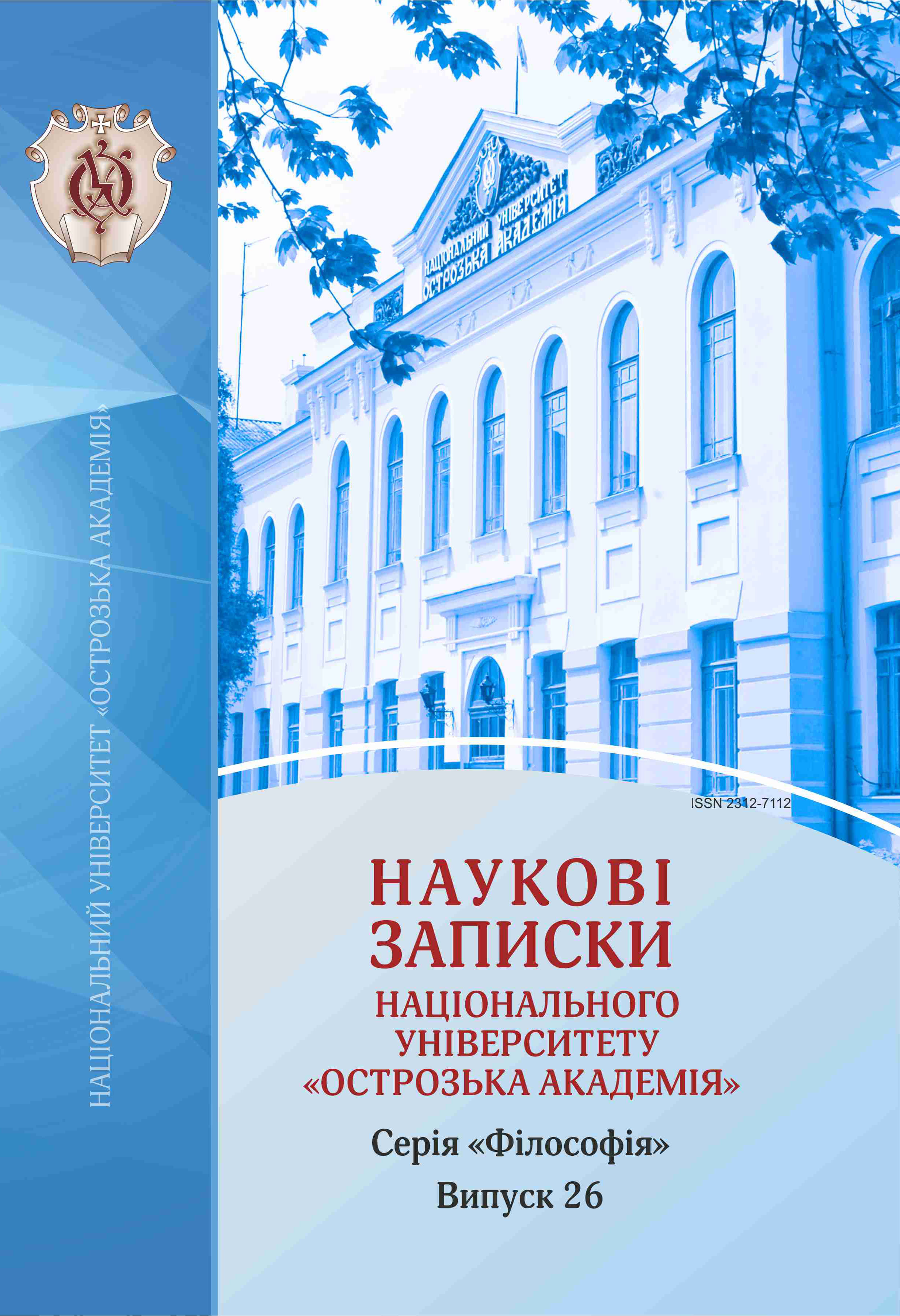TRANSFORMATION OF THE NATIONAL IMAGINARY IN THE CONTEXT OF GLOBALIZATION
Keywords:
postmodern, modern, imaginary, social imaginary, national imaginary, imaginary communities, Benedict Andersen, globalization, post-national, nation-state, transformation of the national imaginaryAbstract
The author wonders why and when the theorization of the imaginary begins and what kind of reality this concept reflects. The end of modernism questions reality and its theoretical description, and various attempts of postmodern rethinking of the social emerge- from denial, assertion of the disappearance of the social to its salvation through radical rethinking. Theorizing around the imaginary emerges and continues as a result of this rethinking. Cornelius Castoriadis, for example, absolutizes the concept of the imaginary, which, on his opinion, even contains the rational. Charles Taylor gives imaginary, though important, but limited role as a background knowledge.
Speaking of the imaginary, one cannot, of course, ignore Benedict Andersen's imaginary communities. According to Andersen, the “imagination” of a nation, like any other community, reflects not the fact that they are “invented” or “constructed” but that they are the result of human practice, that social reality is a socio-historical and cultural product. Nation differs from other communities in the style of representation, namely, the representation-understanding, first of all, of space and time. A specific moment in time is connected not only with the past and future, but also with the same moment in another time and space measurement. People in this case, communicate and socialize through books, newspapers, and national languages.
Most importantly, the nation as an imaginary community opposes itself to other communities, distinguishes itself from them and strives for autonomy. And the guarantee of autonomy is the sovereign state, the nation-state, therefore the nation is always connected with the state and the territory of the exercise of its monopoly right. That is, the nation is an imaginary community that is real only to the extent that it is correlated with the modern territorial state.
According to the author, the transformation of the national imaginary under the conditions of globalization is characterized by the loss of attachment to the territory, by the fact that territoriality ceases to be the main, organizing principle of social life. Social practices are increasingly formed outside and beyond borders, belonging to ethnicity, national identity is not determined by territory and citizenship.
Despite this, we must not forget that globalization is not a finished project. The transformation of the national imaginary should be viewed not only as the emergence of new imaginary communities, whether national or transnational, but also against the backdrop of interaction and even struggle between traditional forms of social practices and new ones, as evidenced by the growth of ethnic conflicts and separatist movements. According to Appudurai, this is also a consequence of globalization processes. And how this confrontation will end, the question remains open.

